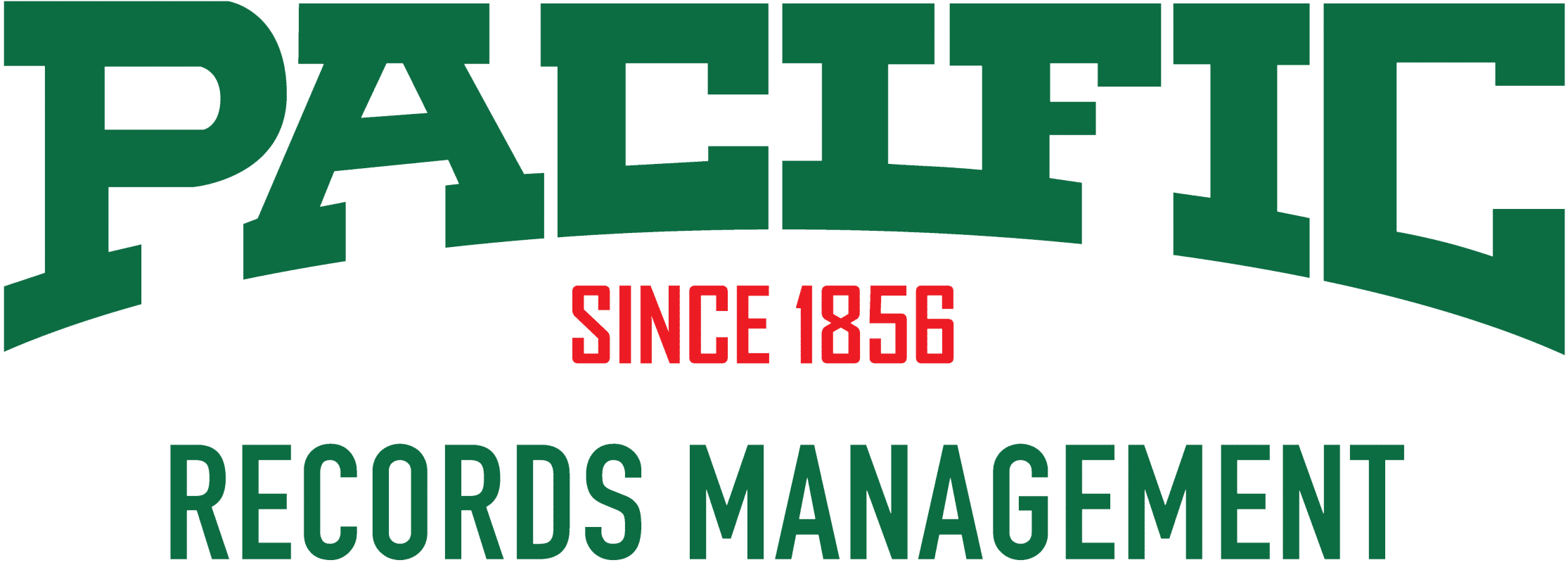Answers to Your Questions about Medical Records Scanning

What’s So Bad About Paper Records?
We’ve been using paper records since long ago, so is this digital shift truly beneficial? Let’s explore the downsides of paper and why going digital might be the smarter choice:
- Environmental Impact: The staggering 12 trillion sheets of paper used annually in US offices paints a concerning picture. While the 68% paper recycling rate in 2022 is promising, it still leaves a significant portion of paper destined for landfills. Opting for medical records scanning not only reduces paper waste but also contributes to the preservation of our vital ecosystems.
- Cost Implications: Beyond the obvious reduction in paper expenses, the move towards digital diminishes costs associated with ink, copying, printing, and labor for physical file management. Storing paper documents in space-hungry cabinets incurs additional expenses often overlooked.
- Security Risks: Paper documents are susceptible to loss, mishandling, and damage. Unauthorized access is challenging to control. Shifting to digital not only streamlines access control but also protects sensitive information from potential breaches.
What are the Benefits of Scanned Medical Records?
Medical records scanning is the process of converting paper records into electronic format, offering a myriad of benefits. Let’s explore these advantages in detail:
- Efficient Handling: Healthcare providers juggle records from various sources. Scanned records streamline the management of patient information, ensuring accuracy and completeness.
- Enhanced Accuracy: The safety of both patients and healthcare providers hinges on accurate and complete records. Digital records reduce the risk of errors, ensuring reliable interpretation and decision-making.
- Improved Sharing: Unlike paper records, digital files can be easily shared with authorized personnel. This eliminates the hassle of transporting physical copies and enhances privacy control during sharing.
- Enhanced Patient Service: Centralized storage of medical records grants instant access to a patient’s full history, minimizing errors and eliminating the costs associated with physical file management.
- In-Depth Insight: Digital records facilitate easier data analysis, enabling the implementation of preventive measures in patient healthcare.
- Additional Tools: The digitization of medical records opens doors to advanced tools like cloud software and Optical Character Recognition (OCR). These tools enhance the efficiency of record management by reducing the need for manual data entry.
What is Medical Records Scanning?
Understanding the process of medical records scanning is crucial for a seamless transition:
- Identification: Determine which paper records should undergo scanning.
- Preparation: Ensure records are of high quality and free from bindings, paperclips, staples, or covers.
- Scanning: Utilize a professional high-quality scanner, adjusting DPI, file size, and quality for optimal digital images.
- Archiving: Securely store digital images for instant access by authorized users from any location.
Is Scanning Help Available?
Pacific Records stands as a reliable partner, offering convenient, affordable, and secure scanning services. Our professionally trained scanning technicians ensure high-quality images tailored to your needs. For further inquiries, call us at 800-685-9034 or complete the form on this page. We’re here to address any concerns you may have about transitioning to digital medical records.
